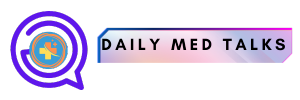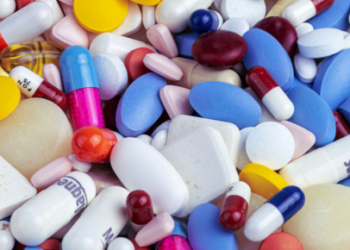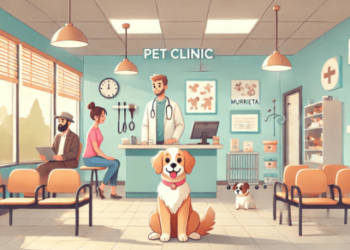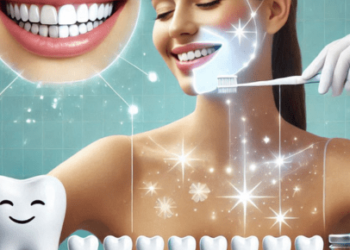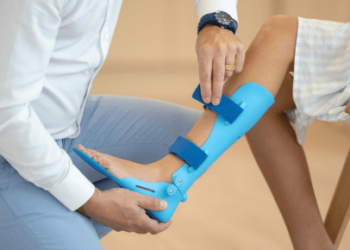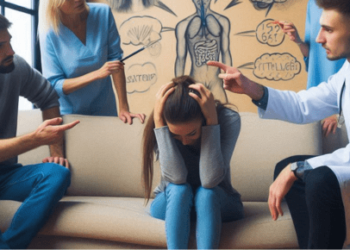
Muscle pain can be a significant hurdle in your daily life, impacting your ability to perform tasks, exercise, or even relax. Whether it results from an intense workout, a long day at work, or an underlying condition, finding quick relief is essential. In this article, we will explore effective strategies and remedies to alleviate muscle pain rapidly.
Understanding Muscle Pain
What Causes Muscle Pain?
Muscle pain, also known as myalgia, can arise from various factors, including:
- Injury or Overuse: Strenuous physical activity can lead to soreness or injuries, commonly known as delayed onset muscle soreness (DOMS).
- Medical Conditions: Conditions like fibromyalgia, arthritis, or infections can also cause muscle discomfort.
- Poor Posture: Prolonged periods of poor posture can strain muscles, leading to pain.
Symptoms of Muscle Pain
Common symptoms associated with muscle pain include:
- Tenderness or soreness in the affected area
- Stiffness or reduced range of motion
- Swelling or inflammation
- Muscle cramps or spasms
Quick Relief Methods for Muscle Pain
1. Apply Heat or Cold
Using heat or cold therapy is one of the simplest and most effective methods for muscle pain relief.
- Cold Therapy: Applying an ice pack or cold compress for 15-20 minutes can help reduce inflammation and numb the pain. This method is particularly effective in the first 48 hours after an injury.
- Heat Therapy: After the initial inflammation has subsided, applying heat can help relax and soothe tense muscles. Consider using a heating pad or warm towel for relief.
2. Stretching and Gentle Movement
Gentle stretching can alleviate muscle tightness and improve blood circulation. Here are some tips:
- Dynamic Stretching: Before engaging in physical activities, incorporate dynamic stretches to warm up your muscles.
- Static Stretching: After workouts, perform static stretches to lengthen muscles and reduce soreness.
- Light Movement: Engage in light activities such as walking or cycling to promote blood flow and decrease stiffness.
3. Stay Hydrated
Dehydration can contribute to muscle cramps and discomfort. Ensure you drink adequate water throughout the day, especially during and after exercise. Including electrolytes can also help maintain muscle function and prevent cramps.
4. Use Over-the-Counter Pain Relief
Non-prescription medications can provide quick relief from muscle pain. Common options include:
- NSAIDs: Nonsteroidal anti-inflammatory drugs like ibuprofen or naproxen can help reduce pain and inflammation.
- Topical Analgesics: Creams and gels containing menthol or capsaicin can provide localized relief.
5. Try Relaxation Techniques
Stress can exacerbate muscle tension and discomfort. Incorporating relaxation techniques can be beneficial:
- Deep Breathing: Practice deep breathing exercises to promote relaxation and reduce muscle tension.
- Meditation or Mindfulness: Engage in mindfulness or meditation to help manage stress levels.
Herbal Remedies for Muscle Pain Relief
In addition to conventional methods, several herbal remedies have been traditionally used for muscle pain relief:
1. Arnica
Arnica is a well-known herbal remedy that can help reduce inflammation and soothe muscle soreness. Apply arnica gel or cream to the affected area for topical relief.
2. Ginger
Ginger possesses anti-inflammatory properties that can aid in relieving muscle pain. Consider consuming ginger tea or using ginger essential oil for massage.
3. Turmeric
Turmeric contains curcumin, which has potent anti-inflammatory effects. Adding turmeric to your diet or taking curcumin supplements may help alleviate pain.
When to Seek Medical Attention
While many muscle pain issues can be managed at home, certain situations require professional evaluation:
- Persistent Pain: If muscle pain lasts more than a few days without improvement, consult a healthcare provider.
- Severe Pain: Sudden, severe muscle pain that occurs after an injury should be assessed for potential damage.
- Accompanying Symptoms: Seek medical attention if muscle pain is accompanied by symptoms like swelling, fever, or difficulty moving.
Medications for Muscle Pain Management
At Go ED Medicine, we recognize that severe muscle pain may require medication for relief. Two options to consider are Malegra 200 and Fildena CT 100 mg. While these medications are primarily used to treat specific health conditions, they can also play a role in supporting overall well-being, including pain management. Always consult with a healthcare professional before starting any medication to ensure it is right for your individual needs.
Prevention Tips for Muscle Pain
Preventing muscle pain is often more effective than treating it. Here are some tips to help reduce the risk of muscle soreness:
1. Warm Up and Cool Down
Always include warm-up and cool-down exercises in your routine. Warming up prepares your muscles for activity, while cooling down helps prevent stiffness.
2. Maintain Good Posture
Be mindful of your posture, especially if you spend long hours sitting. Consider ergonomic furniture to support your back and neck.
3. Gradually Increase Intensity
When starting a new exercise program, gradually increase the intensity to give your muscles time to adapt. Sudden increases can lead to injury and soreness.
4. Regular Exercise
Engaging in regular physical activity strengthens muscles and improves flexibility, reducing the likelihood of injury.
Conclusion
Muscle pain can be a frustrating experience, but numerous effective strategies are available to help relieve discomfort quickly. From applying heat or cold to incorporating gentle movement and staying hydrated, these methods can significantly enhance your recovery. Additionally, herbal remedies and over-the-counter medications can provide added relief. Always listen to your body and consult a healthcare professional if you have concerns about persistent or severe pain. With the right approach, you can manage muscle pain and get back to enjoying your daily activities. Check Out GO ED Medicine.com For Additional Details.
